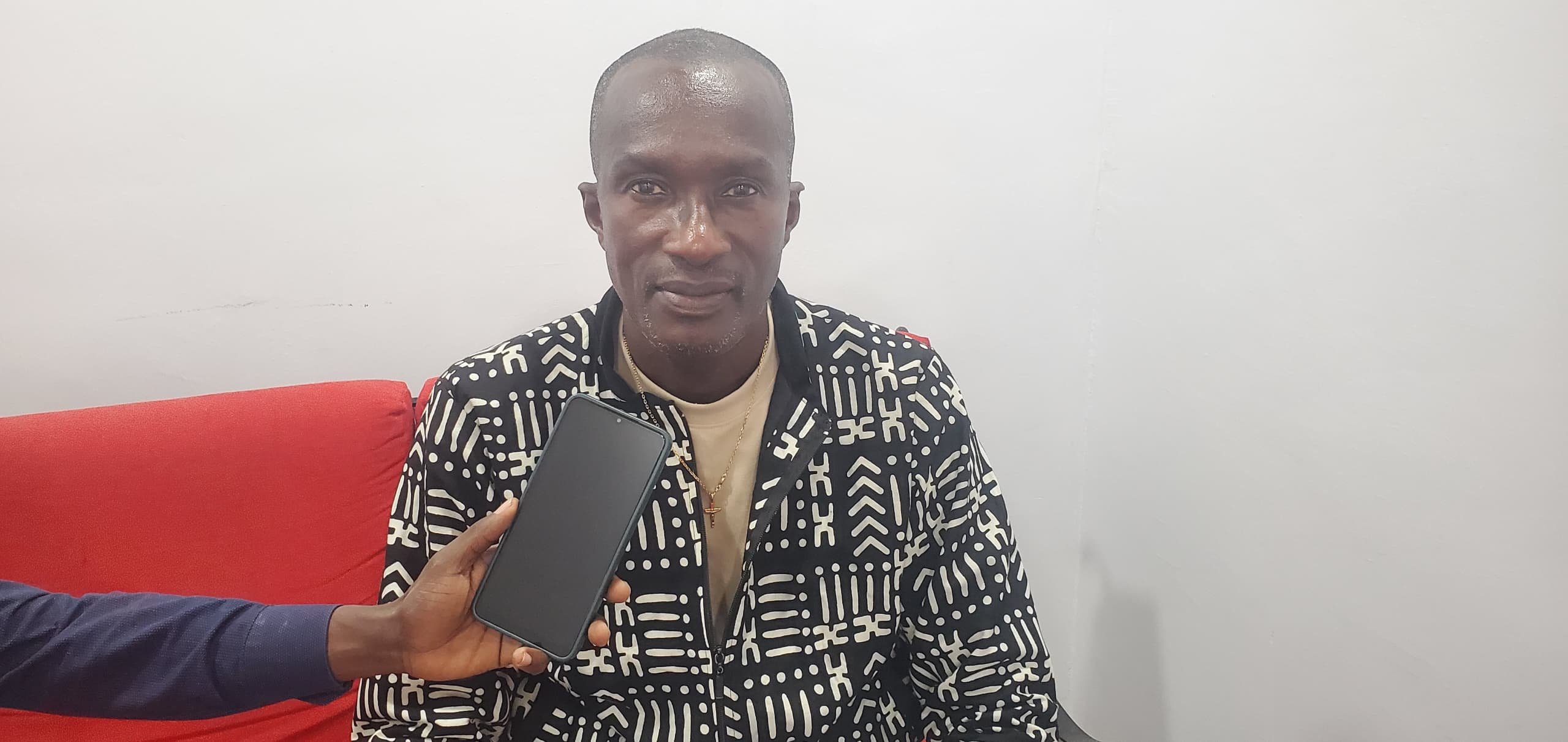Member of the Council of the Confederation of African Athletics (CAA), Jeannot Kouamé Kouadio is now spearheading the promotion of athletics in Côte d'Ivoire. In this interview, he confirms his willingness to serve African athletics.
Ivorian athletics has experienced tremendous growth for some time under your tenure. What is the secret of this success?
There is no secret actually. I have simply been implementing a project since 2018 for the development of athletics in Côte d'Ivoire. This same project earned me an award in 2011 in Lausanne. It is through the implementation of this project that we have athletes like Koné Maboudou and Cissé Gué. We're continuing to work on this project to produce more champions. But since it's a long-term process, we're being very patient. I must say that my advantage is that I studied athletics extensively from 2003 to 2008, moving from Europe to Africa. This gave me more knowledge in the field.
Côte d'Ivoire produces great sprint champions. What accounts for this result?
It's good to know that Côte d'Ivoire is a country that favors explosive athletes. And horizontal jumps should normally follow. That's why I sent five coaches for training in this discipline. The goal is to develop horizontal jumps like sprinting.
We also have many athletes who favor sprinting, like Dosso Zenab, an Ivorian who just won a silver medal at the World Indoor Championships for Italy.
Can Côte d'Ivoire still hope to shine in the sprint after the departure of champions like Meité, Ta Lou, Cissé Gué, etc.?
Yes. You already saw that at the Paris 2024 Olympic Games. We had four new athletes competing. Others, such as Koné Ismaël (10.3s), didn't qualify. There's also Diomandé Ibrahim, who already runs (10.27s) here in Côte d'Ivoire. We're working on that to ensure he doesn't lose out. In addition to the athletes I just mentioned, we have a pool of young athletes who are on the rise. As far as I'm concerned, the next generation is assured.
What do you think of Botswana's Tebogo's victory at the Paris 2024 Olympic Games?
His victory was a source of pride for all of Africa. But for me, it wasn't a surprise. Because in Paris, I had already predicted he would win the 200m. He's a very respectful and hard-working athlete. He knows what he wants in his career. He truly enjoys running. These kinds of athletes are rare. He honored Africa at the Olympics, especially ahead of the Americans and Jamaicans.
What is your view on the current level of African athletics?
African athletics is regaining its place in the community of nations. This is a renewed hope for everyone. There were certain disciplines where Africa couldn't have a say, but today, Africa is making its mark. Like the javelin and the 400m. We simply need to capitalize on these performances and keep working.
You are a member of the CAA Council. How do you plan to use your expertise to serve African athletics?
What I can bring is the little experience I have. I've completed several training courses in Europe and Africa, and I think I'm well-equipped for this job when they need me. We already have a very good Technical Director who also has a very dynamic team. If he calls on me, I'm ready to help. Otherwise, at my level here, I'm helping Africa. As proof, I initiated a five-nation competition (U18, U20) that includes Togo, Ghana, Benin, Burkina Faso, and Côte d'Ivoire. This is a contribution that, as experts, we have put in place to allow young African athletes to compete and develop their performance. We also plan to create a four-nation competition, to which Senegal will be invited. This is our way of staying the course and keeping African athletics alive.
How is the Abidjan Athletics Center doing?
The center is doing very well. We are in its second year, and we have done a lot of work with the athletes. They have started to show signs of success. We will continue to work by expanding the coaching staff.
Your next challenge at the head of the federation?
It's about continuing training and having many athletes on the international stage.
Interview by Anicet Zio
